Abstract: This paper discusses the surrealist magazine Minotaure (1933-1939) and other productions of the French avant-garde in the 1930s, such as Georges Bataille’s magazine Acéphale, as intense critical investigations into the notion of the human and of humanism.The universal human quality explored in these publications is no longer a rational harmonious figure at the center of the world but rather a being at once open to the animal- and object-realms, sharing with them certain modes of perception and qualities previously viewed as pre-human or inhuman. The elaboration of this new human hinges on the transformation of the classical tradition, of “Greece” from a humanistic topos of universality into a new cultural code for “the world.” This leads to a striking new understanding of humanism, one that is no less encompassing than its Renaissance and Enlightenment predecessors, but no longer anthropocentric in the same ways.The new non-anthropocentric humanism that results from these displacements invites humans into a different relationship with the world, but also encodes a specific political position during the 1930s, one that stand against the totalitarian regimes and their regulation of what stands as "human." Against this background, what these avant-garde publications propose is an alternative universalism as a critic of Western thought, articulated on an intense experimentation with the human figure.
Bio: Effie Rentzou is an Associate Professor of French Literature in the Department of French and Italian at Princeton University. She studies avant-garde and modernist literature and art, and particularly poetics, the relation between image and text, social analysis of literature, politics and literature, and the internationalization of the avant-garde. Her first book, Littérature malgré elle: Le surréalisme et la transformation du littéraire (2010) examines the construction of literary phenomena in the production of an anti-literary movement, surrealism. She is currently working on a second book, tentatively titled Concepts of the World: Avant-garde and the Idea of the International that explores the conceptualization of the “world” in the work and activities of writers and artists within and around historical avant-garde movements – futurism, dada, and surrealism – during the period 1900-1940.